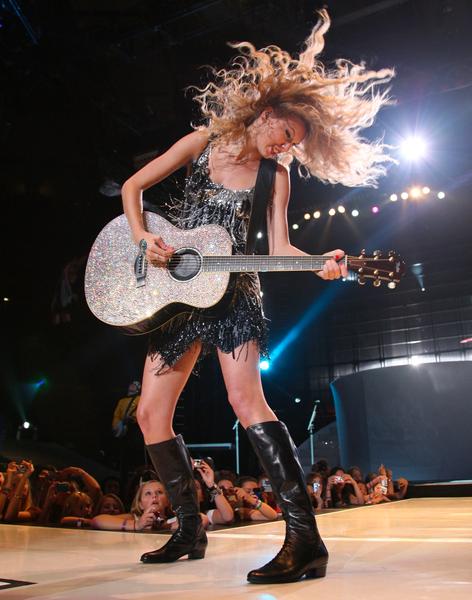
1 minute read
Taylor Swift’s re-records are
artists for generations to come.
Living in the 21st century, not knowing of singer-songwriter Taylor Swift is a crime in itself. From “Love Story” from Fearless to “Lavender Haze” from Midnights, the pop star has dazzled the world with her relatable lyricism and constant reinvention. If you’ve been following the news, you might have heard how the singer is re-recording her first six of ten albums. But why? The reason involves a public feud, copyrights, and a legal battle that will impact
Advertisement
Imagine this: you’re a 15-year-old country singer who writes all of your music. Ideally, you would be able to upload your music on Spotify or Apple Music yourself, and make 100% of the profits of every stream you get.But how would you promote your music? How would you get your songs played in tv shows and movies? How would you tour? This is where Big Machine Records came in for Taylor Swift.
incessant, manipulative bullying
There are six different copyrights in music publication, but only two are in play for Swift’s catalog; musical work and sound recording. The musical work copyright is the idea of the song; the song hypothetically, in simple words. And since Swift writes all of her music, she owns this copyright. But the sound recording copyright is different; it’s the copyright that protects the actual recording of the work. So in essence, it is the “cover” of the idea of the song.
This copyright of Swift’s music is owned by Big Machine Records, which means that her record label doesn’t need permission to use the master recordings in entertainment, advertisement or sell them without the artist’s permission. The music industry has always operated in this tradition; musical group TLC made only 20 cents off of every album after paying the record label, despite their estimated worth of $175 million dollars.
In 2019, music executive Scooter Braun purchased Swift’s entire catalog, whom Taylor accused of “incessant, manipulative bullying”. After her contract was over, Swift didn’t want to resign with Big Machine Records Her catalog was worth around $140,000,000 at the time, almost half of the company’s whole value. Big Machine Records retaliated against Swift, not allowing her

Artists should own their own work for so many reasons









